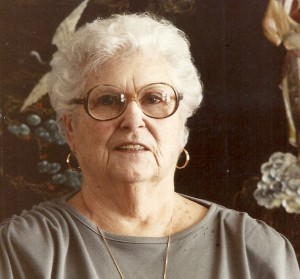The case
Valerie is the new VP of Product Management. Her references are impeccable. To ensure her success in the new role, Valerie was assigned an on-boarding consultant who worked with Valerie on her entrance strategy and supporting tactics.
After one year in the firm, Valerie left the company in the first dramatic failure of her career. The Head of R&D had cut her out of all strategic decisions and the Office of Project Management cut her out of the tactics.
Valerie was caught in a power struggle at the top and was knocked off in cross fire.
What’s the moral of this story?
We all remember Aesop’s Fables, don’t we? All stories need a moral!
On-boarding activity is often aimed and tailored for the individual. This is a strategic error. On-boarding especially at senior levels is not only a skill or get-used-to-the-culture issue. A critical success factor of senior on-boarding is often a system change, which pre and post on-boarding process need to address.
We have all seen senior management recruiting Superman to solve a system problem, hoping for a quick fix or someone to hang. In the case above, Valerie was thrown into the fray to address the systemic power imbalance between R&D, Project Management and Product Management.
A proper on-boarding intervention would have to be aimed at Valerie and her warring colleagues, with the active participation of the CEO.
Simplistic on-boarding aimed at the individual fail; on-boarding must be a system intervention. If the on-boarding is aimed for the “fresh meat” as an individual, on-boarding efforts become what the Chinese call “对牛弹琴” or playing the piano to the cow“, IE, an exercise in futility.




